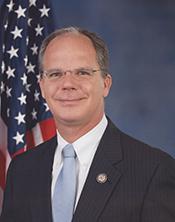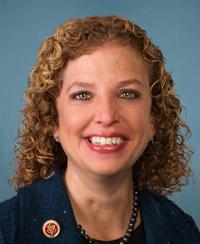0
BOLD Infrastructure for Alzheimer's Reauthorization Act of 2024
12/20/2024, 6:03 PM
Summary of Bill HR 7218
Specifically, the BOLD Infrastructure for Alzheimer's Reauthorization Act of 2024 includes provisions to strengthen the Alzheimer's Disease and Healthy Aging Program within the Centers for Disease Control and Prevention (CDC). This program would receive increased funding to support state and local public health departments in their efforts to address Alzheimer's disease and related dementias.
Additionally, the bill calls for the establishment of a National Alzheimer's Project Act (NAPA) Advisory Council to provide guidance and recommendations on Alzheimer's research, care, and services. This council would be tasked with developing and updating a national plan to address Alzheimer's disease, with a focus on improving early detection and diagnosis, supporting caregivers, and advancing research efforts. Overall, the BOLD Infrastructure for Alzheimer's Reauthorization Act of 2024 aims to build upon the progress made in the fight against Alzheimer's disease and ensure that the necessary resources and support are in place to address this growing public health crisis.
Congressional Summary of HR 7218
BOLD Infrastructure for Alzheimer's Reauthorization Act of 2024
This bill reauthorizes through FY2029 several programs that are administered by the Department of Health and Human Services to support research and resources related to Alzheimer's disease and related dementias.
Specifically, the bill reauthorizes (1) cooperative agreements with state, local, and tribal health departments to address Alzheimer's disease and related dementias through education, early detection, caregiver support, and other avenues; (2) regional centers that raise awareness and support research regarding these conditions; and (3) data collection on the incidence and prevalence of these conditions.
Read the Full Bill
Current Status of Bill HR 7218
Bipartisan Support of Bill HR 7218
Total Number of Sponsors
8Democrat Sponsors
0Republican Sponsors
8Unaffiliated Sponsors
0Total Number of Cosponsors
79Democrat Cosponsors
46Republican Cosponsors
33Unaffiliated Cosponsors
0Policy Area and Potential Impact of Bill HR 7218
Primary Policy Focus
HealthPotential Impact Areas
Alternate Title(s) of Bill HR 7218
Comments

Liam Kent
1 year ago
Ugh, can't believe they're pushing this through. It's gonna be a mess. Just watch out, folks.

Veronica Richardson
1 year ago
I think the BOLD Act is a good idea, but I'm not sure if it will really make a big difference. We need to focus on finding a cure for Alzheimer's, not just infrastructure. Hopefully this bill will help move us in the right direction, but we still have a long way to go. #BOLDAct #Alzheimers #2024





